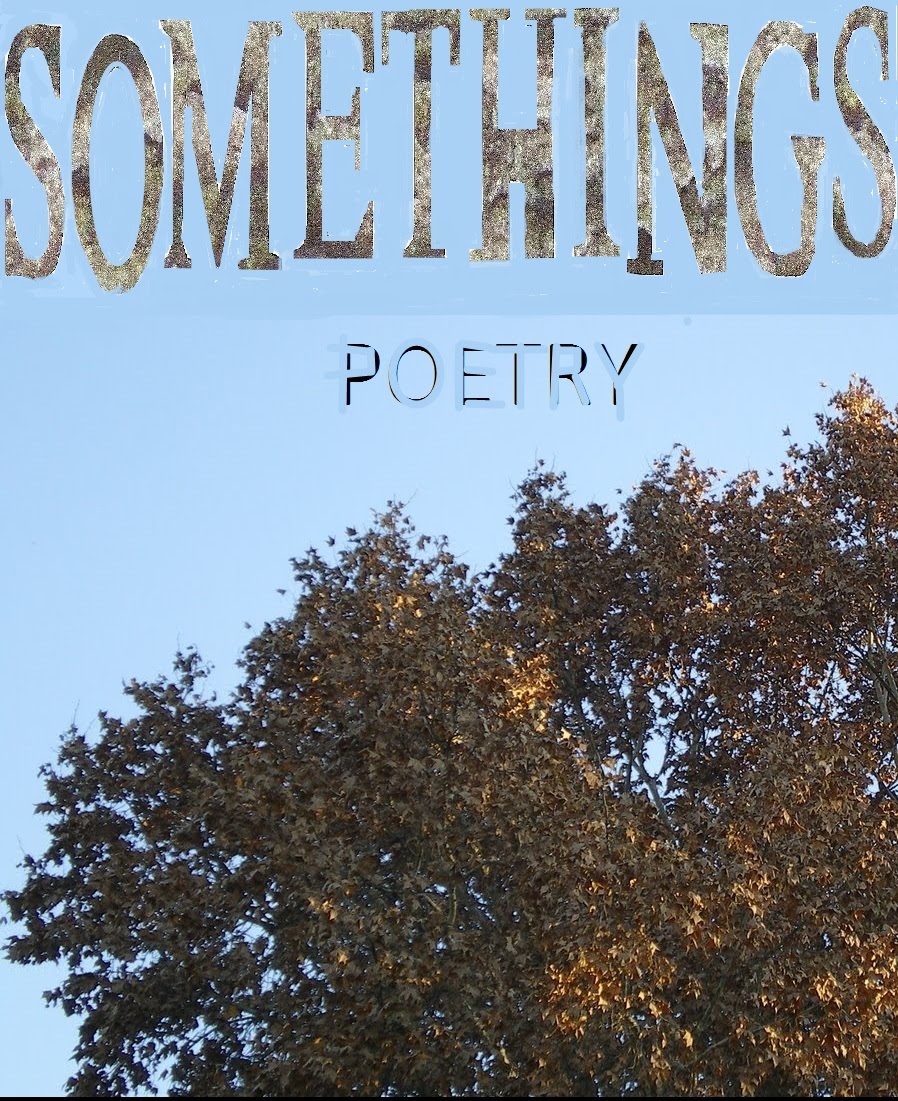If one were to look back through history, down the list of achievements of mankind, one would be presented with, essentially, a list of firsts. I believe though, as humans, we should begin to understand that nothing is original. For example, the so-called first examples of polyphonic music can be seen in the Plainchant tradition of the Catholic Church. Although ground-breaking for the their time, they had to have been based on some previous music theory. An organum, stemming from the Greek word organon, is a plainchant melody with multiple voices. Hucbald of St. Amand, a Frankish music theorist and Benedictine monk, is commonly given credit for accumulating the knowledge of Greek music theory to develop what is no
w known as the Gregorian chant.

It seems that E.E. Cummings is typically thought of as the father of "unusual typography". Although he may have been the first to go to such lengths as in "may I feel said he", he does identify Gertrude

Stein as one of his main influences. During her career, Stein used her poetic license to establish her own signat
ure style, believing that there was no need for literature to abide by any laws regarding form and structure.This idea can be seen as an answer to Cubism, and is strongly reminiscent of E.E. Cummings' mutation and contortion of his texts.

Now, don't get me wrong. I love new, fancy, exciting things just as much as the next guy. Living in the Age of Technology, though, we tend to value originality a little bit more with each passing day. What exactly is originality, and could anything ever be completely original? Its one of those big questions, but worth some thought.
Please feel free to leave comments below.

Don't try to be original, just try to be good and originality will come.
ReplyDelete